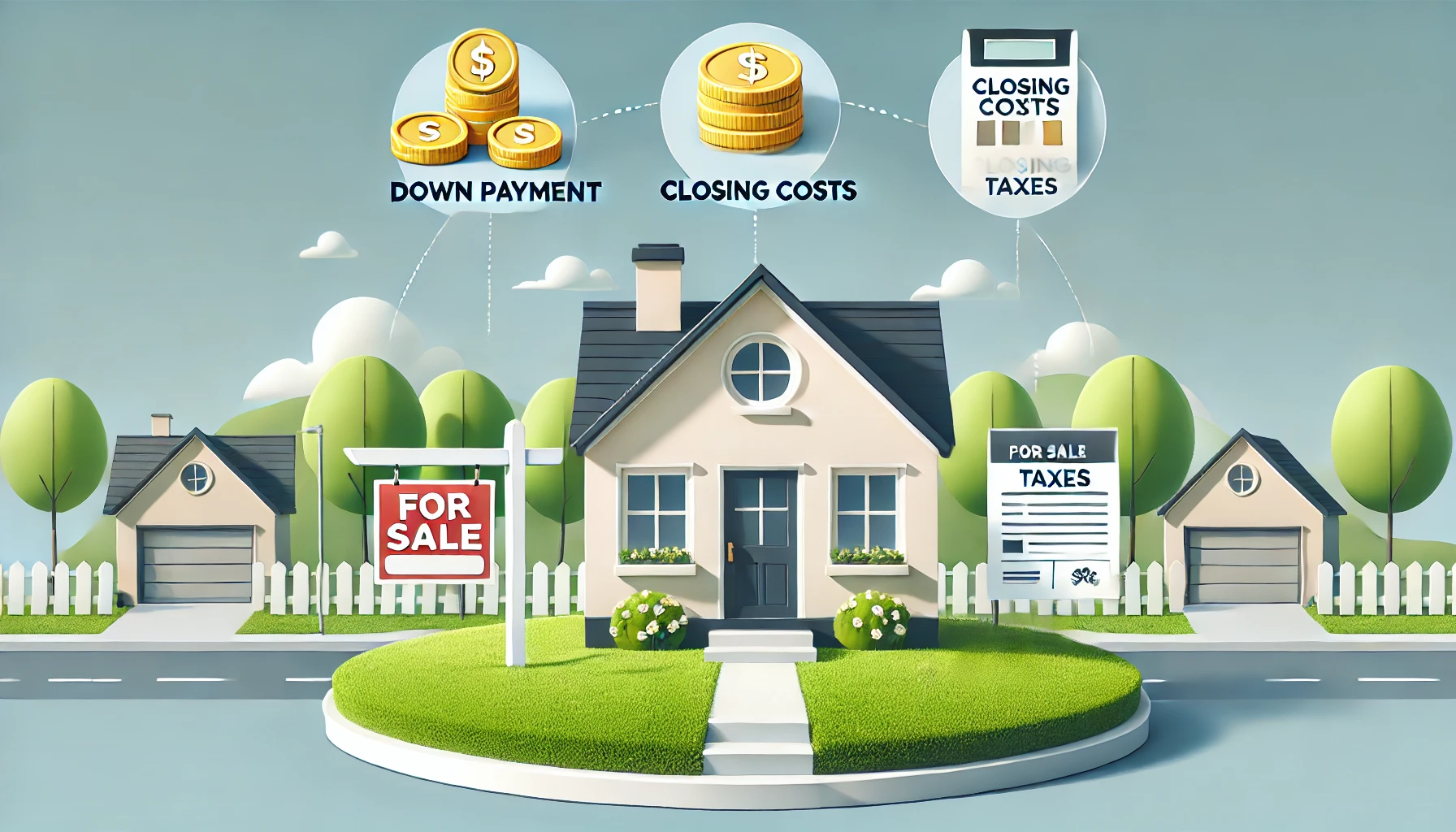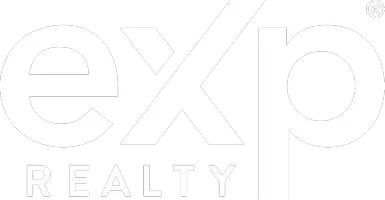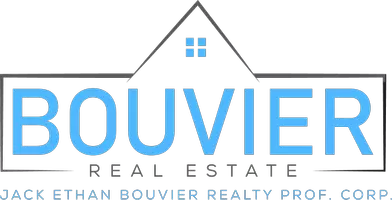Breaking Down the Costs of Buying a Home
Breaking Down the Costs of Buying a Home
Introduction: Understanding the True Cost of Homeownership
Buying a home is one of the most significant financial decisions you’ll make, but many buyers are surprised by the true cost of homeownership. Beyond the purchase price, there are a variety of upfront and ongoing expenses to consider. Misunderstanding these costs can lead to financial stress or even buyer’s remorse. In this blog, I’ll break down the costs of buying a home, from the initial investment to long-term expenses, so you can make an informed decision and budget wisely.

The Upfront Costs of Buying a Home
1. Down Payment
- What It Is: The initial payment you make toward the purchase of your home.
- Typical Amount: In Canada, the minimum down payment is:
- 5% for homes under $500,000.
- 10% for the portion between $500,000 and $999,999.
- 20% for homes over $1 million.
- Example: For a $400,000 home, a 5% down payment would be $20,000.
2. Closing Costs
- What They Include:
- Legal fees.
- Land transfer tax (or property transfer tax in some provinces).
- Title insurance.
- Home inspection fees.
- Appraisal fees.
- Typical Range: Closing costs are usually 1.5% to 4% of the home’s purchase price.
- Example: On a $400,000 home, closing costs could range from $6,000 to $16,000.
3. Home Inspection and Appraisal
- Home Inspection:
- Ensures the property is in good condition and identifies potential issues.
- Cost: $300-$600.
- Appraisal:
- Required by lenders to confirm the home’s value.
- Cost: $300-$500.
4. Moving Costs
- What They Include:
- Professional movers or truck rentals.
- Utility setup fees.
- Cleaning services.
- Typical Cost: $1,000-$5,000 depending on distance and services.
Ongoing Costs of Homeownership
1. Mortgage Payments
- What They Include:
- Principal: The amount borrowed.
- Interest: The cost of borrowing.
- Mortgage insurance (if applicable).
- Example: On a $400,000 home with a 20% down payment and a 5% interest rate, the monthly payment would be approximately $1,700 over 25 years.
2. Property Taxes
- What It Is: An annual tax based on the assessed value of your home.
- Typical Range: 0.5% to 2.5% of your home’s value, depending on location.
- Example: For a $400,000 home, property taxes might range from $2,000 to $10,000 per year.
3. Home Insurance
- What It Covers: Protects against damages to your property and liability.
- Typical Cost: $800-$2,000 per year.
4. Maintenance and Repairs
- What to Expect: General upkeep and unexpected repairs.
- Rule of Thumb: Budget 1%-3% of your home’s value annually.
- Example: For a $400,000 home, expect $4,000-$12,000 per year in maintenance.
5. Utilities and Bills
- What They Include:
- Electricity, gas, water, internet, and trash removal.
- Typical Cost: $200-$500 per month depending on the home’s size and location.
Hidden Costs to Be Aware Of
1. Renovations and Upgrades
- Many buyers want to customize their home after moving in.
- Typical Cost: Varies widely but can range from $5,000 to $50,000+ depending on the scope.
2. Homeowner Association (HOA) Fees
- What They Are: Fees for shared amenities and maintenance in condos or planned communities.
- Typical Cost: $200-$1,000+ per month.
3. Emergency Repairs
- Unforeseen issues like a broken furnace or roof leaks can be costly.
- Pro Tip: Maintain an emergency fund specifically for home repairs.
Tips for Budgeting and Planning
1. Get Pre-Approved
- Understand your borrowing capacity and what monthly payments will look like.
2. Save for More Than the Down Payment
- Ensure you’ve budgeted for closing costs, moving expenses, and an emergency fund.
3. Work with Experts
- Realtor: Helps you navigate the process and negotiate effectively.
- Mortgage Broker: Finds the best financing options.
- Home Inspector: Identifies potential issues before you buy.
4. Plan for the Long Term
- Consider how ongoing costs fit into your budget over the next 5-10 years.
Conclusion: Be Prepared for the True Costs of Homeownership
Buying a home is an exciting milestone, but it’s essential to understand the full financial picture. By planning for upfront costs, budgeting for ongoing expenses, and maintaining an emergency fund, you can approach homeownership with confidence and avoid surprises. Remember, a well-informed buyer is a successful buyer.
If you’re ready to take the next step or have questions about the costs of buying a home, I’m here to help. My name is Jack Bouvier with the Bouvier Real Estate Group at eXp Realty, and I specialize in guiding buyers through the home-buying process in Saskatoon. Call me at (306) 370-6179, or connect with me on Instagram, Facebook, or LinkedIn. Let’s make your journey to homeownership a smooth one.
Categories
Recent Posts





